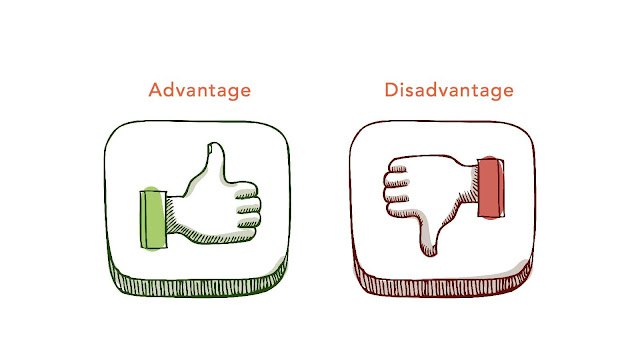 |
| Advantages And Disadvantages Of Zero Waste |
Advantages And Disadvantages Of Zero Waste
What is Zero Waste?
Zero waste is a philosophy and lifestyle that aims to minimize the amount of waste we produce and send to landfills or incinerators. The goal of zero waste is to reduce, reuse, and recycle as much as possible, and to eliminate the need for single-use products that create waste.
In a zero waste lifestyle, individuals and businesses strive to create a closed-loop system where all materials are used and reused as much as possible, with the ultimate goal of sending no waste to landfills. This can involve reducing consumption, composting food waste, repairing and repurposing items, and recycling materials that cannot be reused. It can also involve finding alternative ways to obtain products, such as through bulk buying or purchasing items with less packaging.
The zero waste movement recognizes that waste is a systemic problem that requires collective action and innovative solutions to address. By reducing waste and rethinking our consumption habits, we can create a more sustainable future for ourselves and the planet.
Advantages of Zero Waste
There are several advantages of zero waste, including:
-
Environmental Benefits: Zero waste helps to reduce the amount of waste that ends up in landfills, incinerators, and oceans, thereby reducing the environmental impact of waste disposal. This helps to conserve natural resources and reduce greenhouse gas emissions, which contribute to climate change.
-
Economic Benefits: Zero waste can be more cost-effective than traditional waste management practices, as it can reduce the need for expensive waste disposal facilities and decrease the amount of money spent on waste collection and transportation. Additionally, zero waste can create new job opportunities in the recycling and reuse sectors.
-
Social Benefits: Zero waste promotes a sense of community and encourages collaboration and cooperation among individuals and businesses. It can also help to improve public health by reducing pollution and exposure to harmful chemicals.
-
Resource Conservation: Zero waste encourages the conservation of resources by reusing and repurposing materials, reducing the need for new products, and decreasing the demand for raw materials.
-
Ethical Considerations: Zero waste also aligns with ethical considerations, such as reducing environmental harm and promoting sustainable living. It encourages individuals and businesses to be responsible for their waste and to take action to reduce their impact on the environment.
Overall, zero waste promotes a more sustainable and responsible way of living and can have numerous benefits for individuals, communities, and the planet.
Disadvantages of Zero Waste
While zero waste has many advantages, there are also some potential disadvantages to consider:
-
Initial Cost: Transitioning to a zero waste lifestyle can require an initial investment in reusable products, such as cloth bags, containers, and utensils. This can be expensive for some individuals, especially those with limited resources.
-
Inconvenience: Adopting a zero waste lifestyle can require a change in habits and routines, which can be inconvenient and challenging for some people. For example, it may be more difficult to find zero waste products or to dispose of certain types of waste in a sustainable way.
-
Limited Availability: Zero waste products and services may not be readily available in all areas, which can make it difficult for some individuals to access them. This can be a particular challenge for those living in rural or low-income areas.
-
Behavioral Change: Zero waste requires a significant shift in mindset and behavior, which can be difficult for some individuals to achieve. This includes reducing consumption, reusing products, and properly disposing of waste.
-
Cultural Barriers: Cultural and societal norms can also pose challenges to adopting a zero waste lifestyle. For example, some cultures place a high value on convenience and disposable products, which can make it more difficult to transition to a zero waste lifestyle.
Despite these potential challenges, many individuals and communities have successfully adopted a zero waste lifestyle, demonstrating that the benefits can outweigh the disadvantages over time.






0 Comments:
Post a Comment